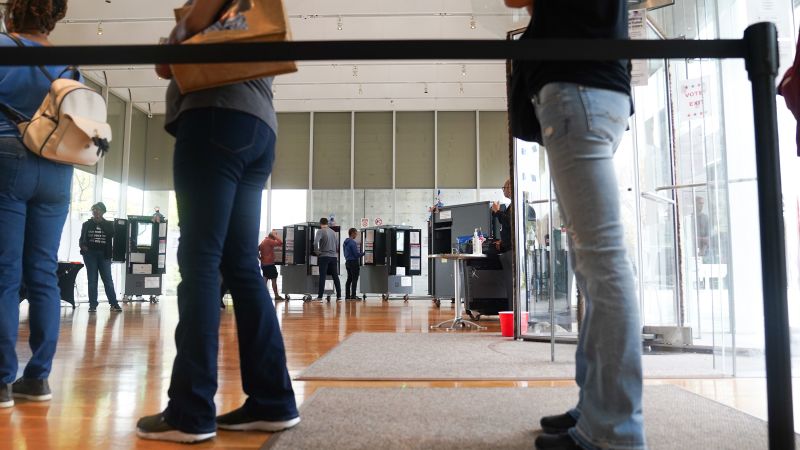
In Georgia, it’s Republican vs. Republican as election misinformation spreads
CNN
The deep mistrust between conservatives and Republican election officials in Georgia is hampering efforts to slow the tide of election misinformation swirling in this pivotal battleground.
The deep mistrust between conservatives and Republican election officials in Georgia is hampering efforts to slow the tide of election misinformation swirling in this pivotal battleground state. When Georgia Secretary of State Brad Raffensperger warned a video of immigrants voting with multiple IDs was fake and likely a Russian disinformation effort — an assessment backed up by US intelligence agencies — Republican skeptics were unmoved. Kylie Jane Kremer, a Trump backer who helped organize the January 6, 2021, rally on the Ellipse, posted on social media that if Raffensperger and another top official in the office, Gabriel Sterling, said it was false, “I don’t believe them.” After US intelligence agencies confirmed what state officials had suspected, she started reposting criticisms of the US Cybersecurity and Infrastructure Security Agency. While the most pointed criticism is often directed at Raffensperger — who refused to overturn the results of the 2020 presidential election despite a direct plea from then-President Donald Trump — and his staff, the skepticism of local election officials underscores one of the key challenges in trying to debunk misinformation this election year. Georgia was a Republican stronghold for nearly three decades until Joe Biden flipped the state blue in 2020. With its 16 electoral college votes, the Peach State has emerged as a critical battleground once again this year. The vote-rich counties that are home to Atlanta and its suburbs have become particularly fertile targets for misinformation and legal challenges as Republicans look to bite into Democrats’ edge in those areas.





















 Run 3 Space | Play Space Running Game
Run 3 Space | Play Space Running Game Traffic Jam 3D | Online Racing Game
Traffic Jam 3D | Online Racing Game Duck Hunt | Play Old Classic Game
Duck Hunt | Play Old Classic Game











